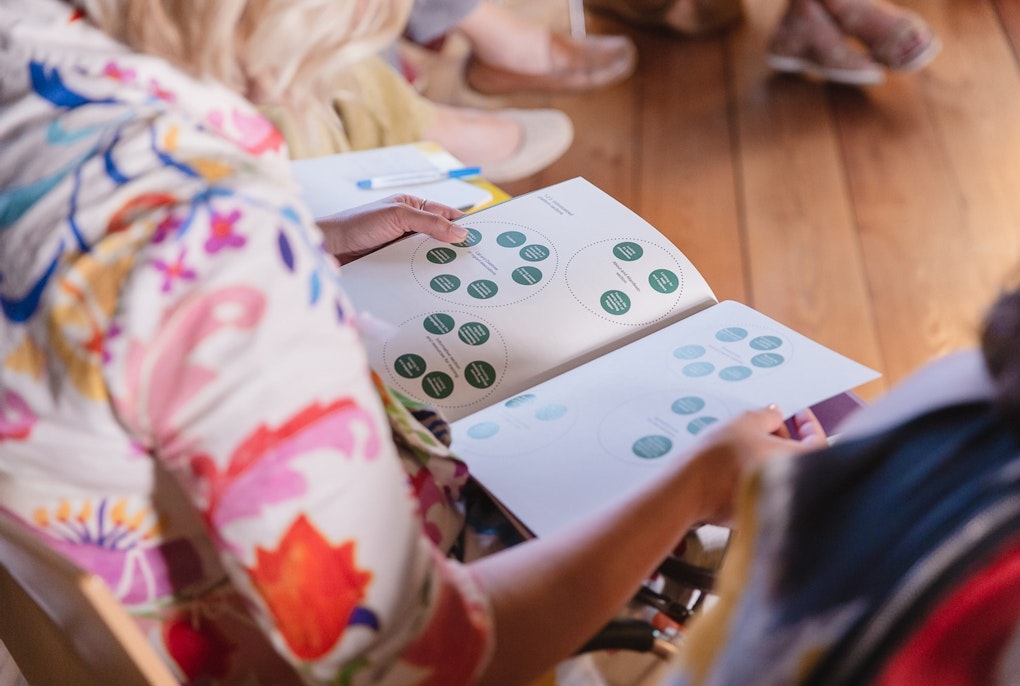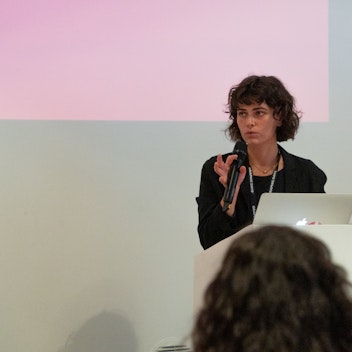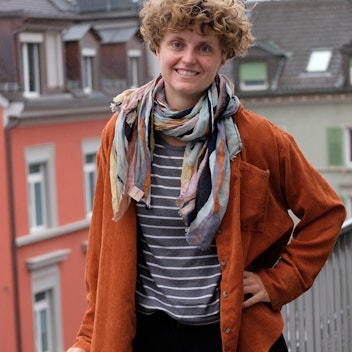
Giorgia Meloni – Retterin in der Not?
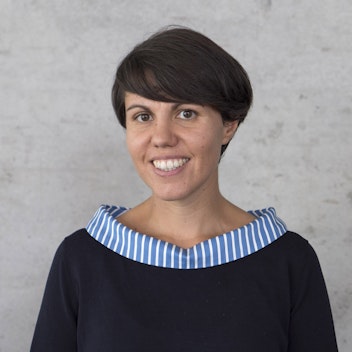 Verena Wisthaler
Verena Wisthaler
While many young people of migrant descent may not be formally Italian citizens, they do act as citizens and, by doing so, claim their place in society. My research looks at these acts and shows how they transform conventional understandings of citizenship in the process.
Becoming an Italian citizen if your parents or grandparents are not Italian is complicated. In fact, Italy’s citizen regime is one of the most restrictive in Europe. Based on the concept of ius sanguinis, a child born on Italian soil does not automatically get Italian citizenship: citizenship is primarily based on blood and descent, not on place of residence or birth. Once children of foreign citizens turn 18, and only upon condition of having legally lived in Italy “without interruption” for their entire lives young people of migrant descent can apply for citizenship, regardless of their parents’ status. However, it is a lengthy and heavily bureaucratic process, and strict conditions prevent many from obtaining it. Moreover, if a person does not start the application process before they turn 19, they must apply under different conditions, including earning a minimum income of 8,500€ a year over a period of three consecutive years, which for most people of that age is out of reach. This results in the majority of Italy’s 1.3 million people born of parents with migratory background to be foreign citizens, even though most of them were born in Italy.
For the hundreds of thousands of young people who are considered "foreigners" by the state despite never actually having migrated themselves, Italy’s restrictive citizenship regime has very real implications on their everyday lives. Throughout childhood and youth, they lack many of the rights that their Italian-citizen peers were awarded at birth. Without Italian citizenship, you cannot vote in national elections. Every school trip, exchange program or simple holiday that takes you outside of Italy becomes a complicated bureaucratic, expensive endeavor. Participating in European internships or competitions for public sector jobs, which are often reserved for citizens, is near impossible. But joining a national sports team is also not possible for those without citizenship. Full participation in society is thus complicated, as this comment highlights:
"We children of migration, de facto Italians, who go to school, work, are completely integrated into society - we are victims of discrimination in public sector competitions, at work, in sports because we are Italians with a residency permit. Foreigners in the country in which we were born and/or lived. With all the consequences."
The Italian citizen regime is, indeed, discriminatory. Yet, these “children of migration” are not passive victims. Academic and political debates on citizenship may be nation-centric, focusing on citizenship as a formal legal status that is awarded by state actors to some people but not to others. But citizenship comprises also lived experiences and practices through which people, even without being citizens formally (or perhaps precisely because of this), act as citizens. They campaign for citizenship reform, make visible the contributions - past and present - of immigrants and their descendants to Italian society, economy, culture and sports, and engage in community services. As Ahmed Abdullahi, president of the youth organization “GenerAzione Ponte” says:"A citizen is somebody who does something concrete for their community, with the objective to make it better and friendlier for everyone”.
In doing so, they portray themselves as "good" citizens, emphasizing their skills, their respect for “Italian” values, and their successes. In the stories accompanying the campaign #italianisenzacittadinanza, we read, for instance, about a promising physics student, a successful entrepreneur, a charismatic local politician, a dedicated volunteer and a future medic – all of whom - “Italians without citizenship”.
Such focus on success stories is a double-edged sword: on the one hand, by distancing themselves from the stereotypical image of the “undeserving, undereducated” immigrant and (over)emphasizing their skills and merits, citizenship is portrayed a "prize" awarded only to those who are good, hardworking, aspirational citizens. But these stories also provide an alternative perspective on young people of migrant descent, countering the frequent negative portrayal by mainstream media and highlighting their contributions to the country they live in beyond citizenship status or migratory background.
Formal citizenship remains a key aspiration of these young people, but during the long and frustrating process of obtaining it, young people of migrant parentage carry out acts of citizenship and, through them, claim membership. They challenge and disrupt conventional, understandings of citizenship, belonging and identity and, by doing so, eke out spaces of belonging where they can feel “at home”, regardless of their formal membership status.
Thus, when thinking about citizenship and second-generation youth, we should not focus exclusively on citizenship as a formal status which some people have and some don’t. We should also consider how young people without citizenship perform and constitute citizenship through a multitude of more or less informal acts and interactions directed toward the society and territory within which they live. Focusing on these perceptions and acts of citizenship, allows us to give voice to marginalized groups rendered invisible by normative conceptions of citizenship.
Importantly, it also forces us to consider the inadequacies of current citizenship regimes in reflecting the actual lives of people in, and their contributions to, a state that does not recognize them. As Hamilton who arrived in Italy from Albania when he was 10 years old and works as a nurse, rightly says,
“We are an integral part of this country: it’s not right to ignore us”.

This content is licensed under a Creative Commons Attribution 4.0 International license.

 Verena Wisthaler
Verena Wisthaler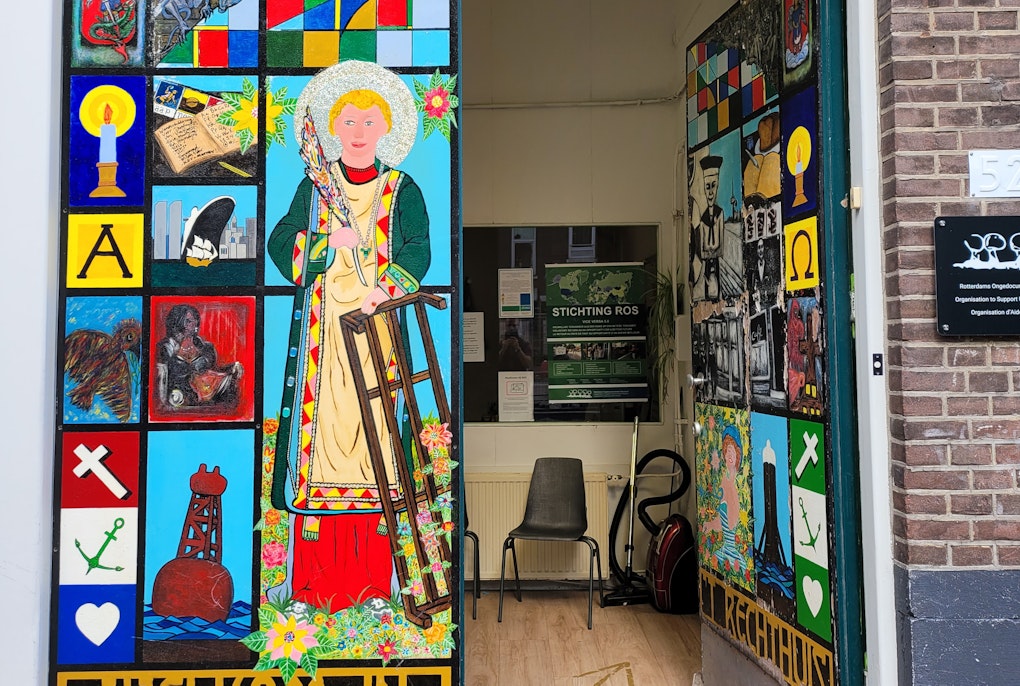
 Giorgia Zogu
Giorgia Zogu